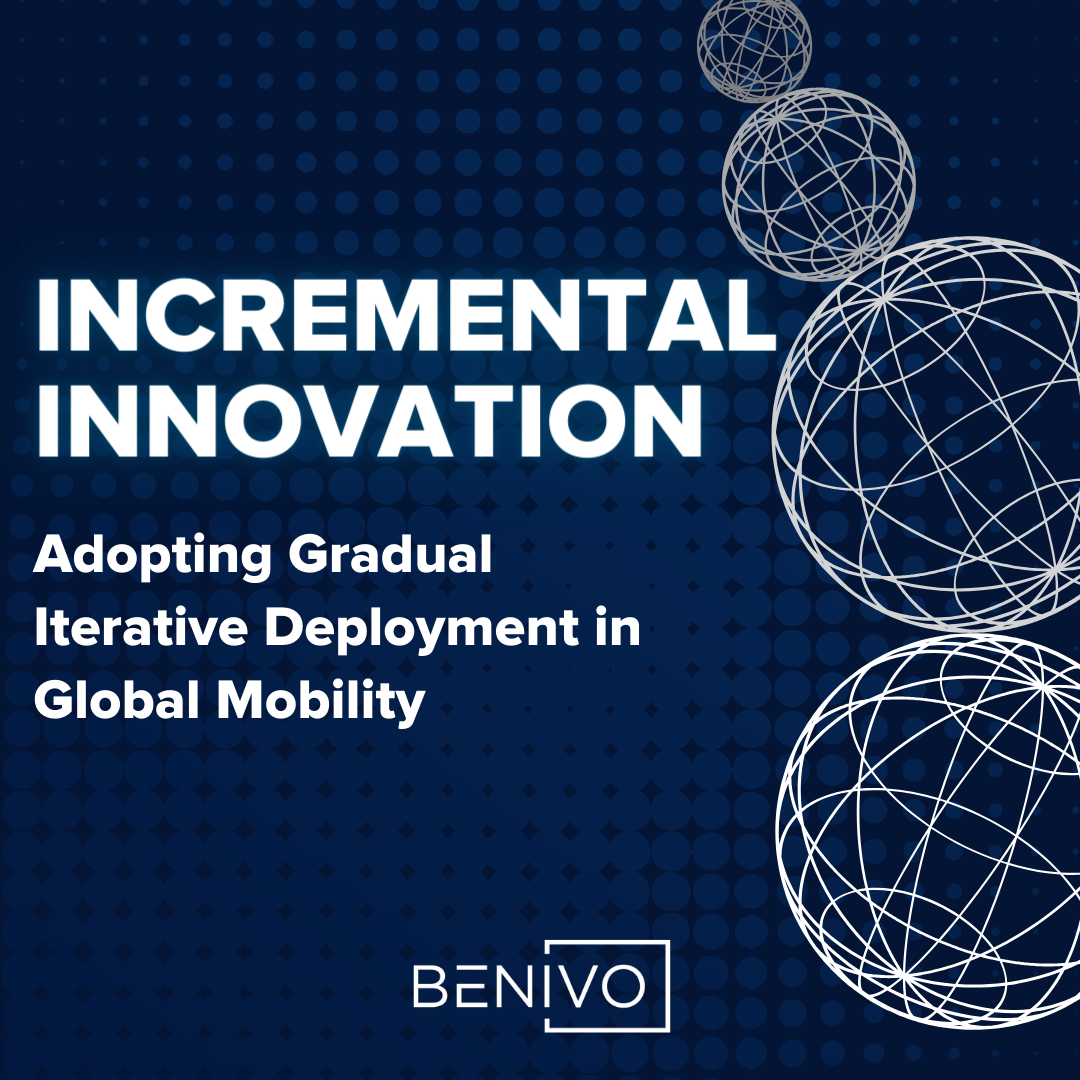Going through a divorce is difficult enough, but when you or your spouse is an expat living abroad, it adds an entirely new layer of complexity. From jurisdiction disputes to immigration implications, cross-border divorces introduce many challenges that require expert guidance.
Read MoreSeven years, a brief interlude in Athens, and countless projects later, James Williams, our Senior Content Manager, continues to shape the narrative and experience of employees worldwide through Benivo's innovative platform. Today, we're peeling back the layers to showcase the creativity, dedication, and impact James brings to Benivo and the global mobility industry.
Read MoreCoordinating immigration and achieving travel readiness for large groups working on global projects presents unique challenges. However, with proactive planning and government engagement, companies can facilitate smoother group moves.
Read MoreGlobal projects that require moving groups of employees to new locations can be complex to manage. However, with proper planning and the right technology, these “project mobility” initiatives can run more smoothly.
Read MoreIn the rapidly evolving world of global mobility, the need for adaptive and responsive policy development has never been greater. Drawing inspiration from the tech sector, the concept of gradual iterative deployment presents a compelling strategy for mobility professionals. This approach, rooted in the tech industry's method of rolling out updates, offers a blueprint for managing the complexities of global mobility in a more measured, data-driven, and risk-managed manner.
Read More



